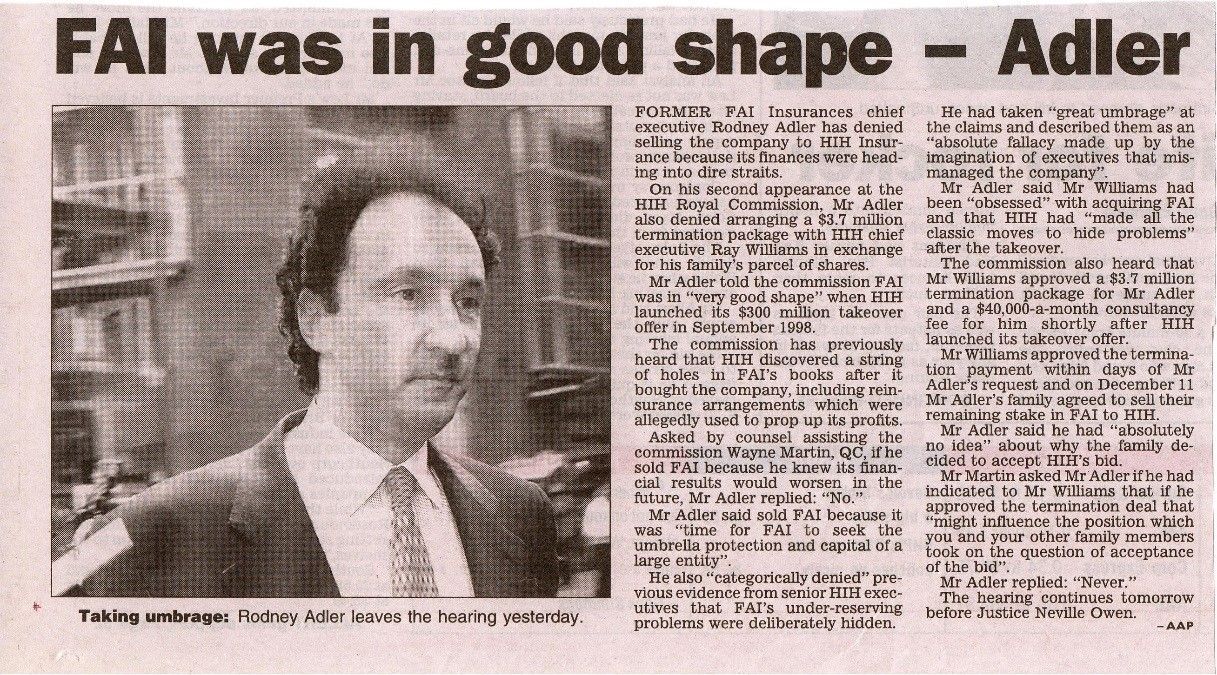Overview of the different Valuation Approaches Why rules of thumb don’t cut it!
Why valuation rules of thumb don’t cut it!
International Valuation Standards (IVS) provides that when issuing a valuation opinion, whether it relates to the value of a business, intellectual property right, intangible or tangible asset, there are three broad valuation approaches which should be considered being:
- The market approach
- The income approach
- The cost approach
Market Approach
The market approach involves determining value by comparing the subject asset to a similar or comparable asset that has been sold (whether outright or under license).
Residential property is often valued using a market approach as there is readily observable data which can be obtained on recent comparable sales in a particular area and adjustments can then be made for any slight differences between the subject property and comparable property.
Residential property in a particular locale, unlike businesses, fall into relatively homogenous categories eg house with 2, 3, 4 bedrooms etc. A significant difficulty in using a market approach to value other assets such as a business, and particularly intellectual property, is that the asset to be valued is typically unique and therefore a market approach is theoretically inappropriate. Even if there is observable market data available, significant information is needed to understand both how comparable the assets are to each other and how they are different from each other, which often comes down to judgement.
Income Approach
The income approach involves determining value by using one or more methods that convert anticipated future income streams into a present single amount after taking into account risks.
An income approach is probably the most theoretically sound way of valuing an asset (where a market approach is not appropriate), and probably for this reason it is likely to be the most common primary approach used to value businesses, part interests in businesses, intellectual property and intangible assets. The are numerous discrete valuation methods that fall under an income approach that require the use of:
- an appropriate capitalisation rate and/or discount rate; and
- an estimation of future earnings (i.e. revenues and costs).
In practice, the use of one or more valuation methods falling under an income approach requires considerable professional judgement across a variety of different mechanical steps. In using an income approach, reference may be made to market data to support judgements.
Cost approach
The cost approach involves determining value based on the costs required to create and develop (alternatively, to replace) the subject asset and is often considered in the context of an asset or business before it generates revenues or material revenues. The cost approach is based on the premise that no willing third party purchaser would pay more (or materially more)[1] than the cost to recreate the asset independently. The estimated cost may be based upon the historical development costs or the projected cost to develop an asset of similar value as at the date of valuation. It may also be determined by reference to actual costs incurred in acquiring an asset.
The cost approach has several drawbacks, the primary of which is that cost may have very little, if any, correlation to the future profits which can be generated from the asset which could be viewed as a more appropriate measure of value.
Conclusion
In practice, each valuation engagement is different and therefore the approach depends on the asset to be valued and the relative merits of the alternative approaches given the circumstances at the time of the valuation. It is possible that more than one valuation approach (and subset valuation methodologies) could be applied as a cross-check.
Industry rules of thumb are generally not considered a valuation approach, although in some cases, they may be a short-cut method widely used in a particular industry (e.g. mortgage broking and value of trail book). Rules of thumb (eg a multiple of revenue to determine value) can be easily calculated however they may not always produce a figure which equates to value. A healthy dose of scepticism should be applied if a valuation report relied on an industry rule of thumb as the only valuation technique.
Disclaimer: The information contained in this article is general and is not intended to serve as advice. Readers are encouraged to contact us for advice concerning specific matters before making any decision.
Leave a Comment:
SEARCH ARTICLE:
RECENT ARTICLE:



Acuity Forensic
High-quality forensic accounting and valuation expertise for fair and sensible financial resolutions.
All Rights Reserved | Acuity Forensic ABN: 68 612 783 712
Liability Limited by a scheme approved by the Professional Standards Legislation








